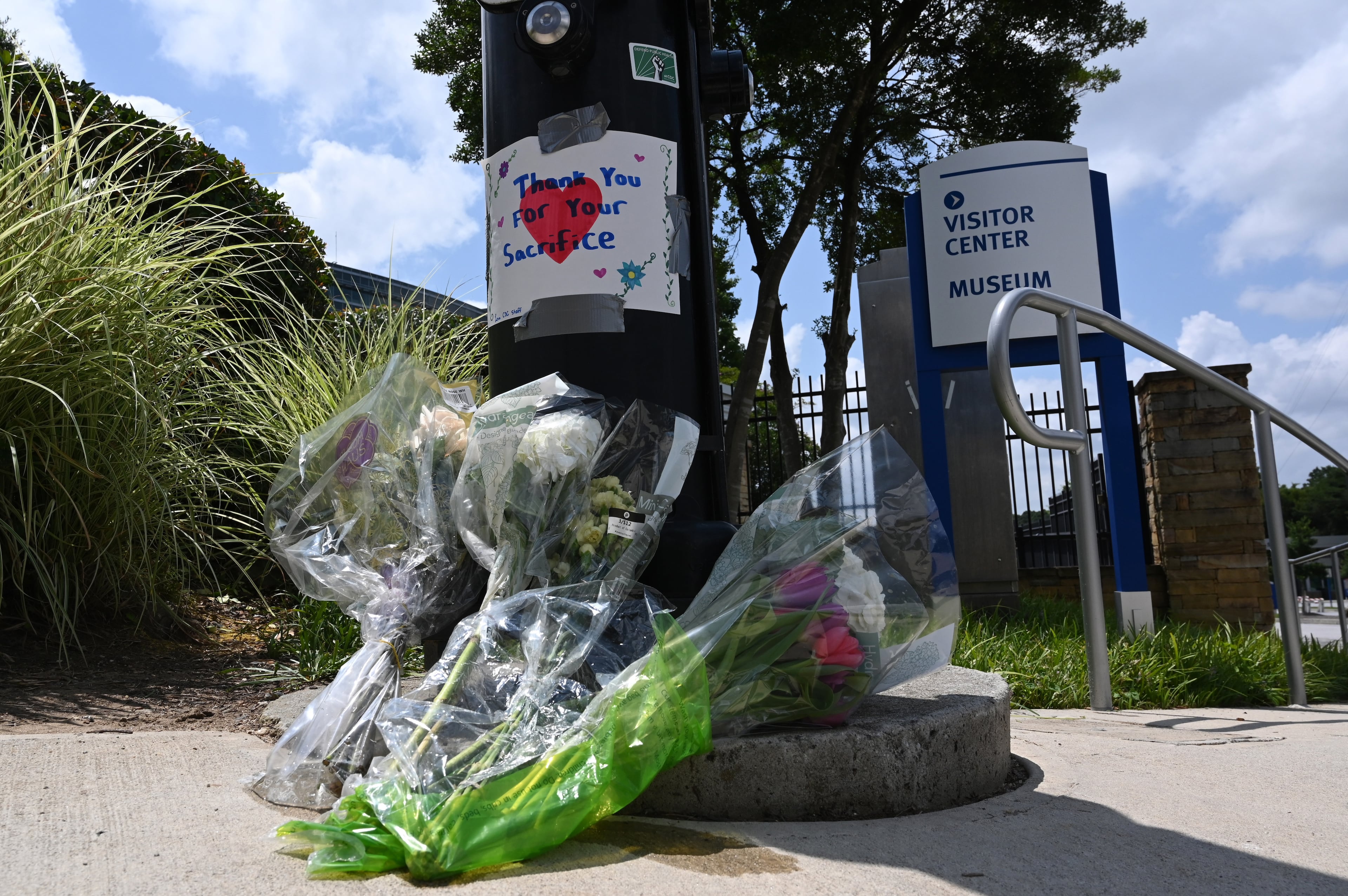Study finds 20% of grocery store workers were positive for coronavirus
A new study puts the spotlight on the risks grocery store employees take to keep shelves stocked amid the coronavirus pandemic.
According to the findings, which were published this month in the journal, “Occupational & Environmental Medicine,” grocery store workers in customer-facing roles were five times as likely to test positive as their fellow employees. Three out of four people who tested positive had no symptoms and researchers say this indicates grocery store workers could be an important reservoir of infection.
“This is the first study to demonstrate the significant asymptomatic infection rate, exposure risks, and associated psychological distress of grocery retail essential workers during the pandemic," researchers said. “Once essential workers are infected with SARS-CoV-2, they may become a significant transmission source for the community they serve."
The British Medical Journal announced the results Friday.
For the study, researchers analyzed 104 employees of a Boston grocery store. Employees were asked to fill out detailed questionnaires about information including their medical history, employment history, lifestyle and their role in the store. They were also asked about their working patterns and commuting to and from work, as well as any protective measures they could take against infection while working.
Afterward, each employee was tested for the coronavirus, which causes the disease COVID-19. The nasal swabs were administered in May as part of a mandatory testing policy throughout Boston.
Results showed that 20% of employees tested positive for the coronavirus and the majority — 76% — were asymptomatic. Of the employees who tested positive, 91% worked in customer-facing roles compared to 59% of workers who tested negative. Additionally, the number of grocery employees who tested positive was significantly higher than the positive tests among the local general population, which ranged from 0.9% to 1.3%.
Many employees also answered mental health questions and 24 workers reported having at least mild anxiety. Although social distancing is one of the recommended measures of slowing the spread of the coronavirus, only 46% of employees said they could do it consistently at work. Most of the workers who weren’t anxious — 76% — could do so.
It was also found that employees who could commute via their own car, bike or on foot were 90% less likely to report feeling depressed.
“Our significant mental health finding calls for action in providing comprehensive employee assistance services to help essential workers cope with the psychological distress during the COVID-19 pandemic," researchers said.



